Concertina Tutor Alex Wade led a workshop in arranging tunes to give them life and interest at the June YCC meeting in Leeds on June 16th . We worked on The Wedding At Riding Mill, a tune written by Alex’ father-in-law David Oliver for her wedding to his son Joey…at Riding Mill, concentrating on technique in bringing out a melody, and also on creating interesting harmony arrangements.
|

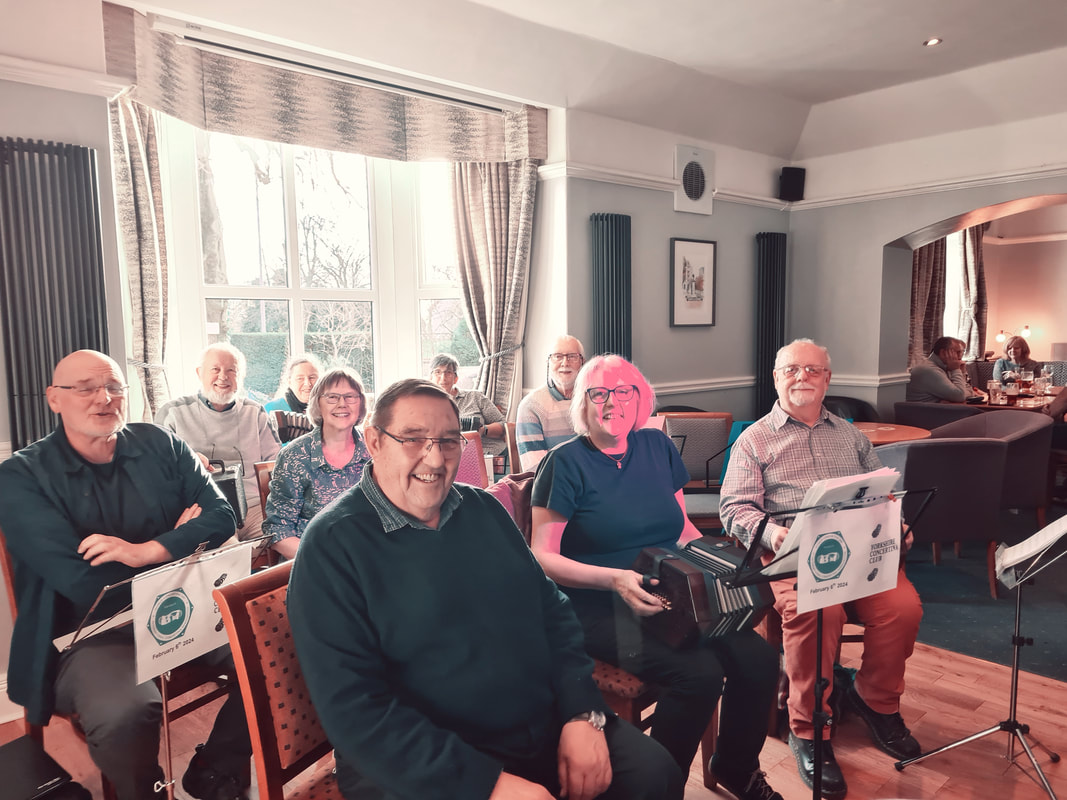
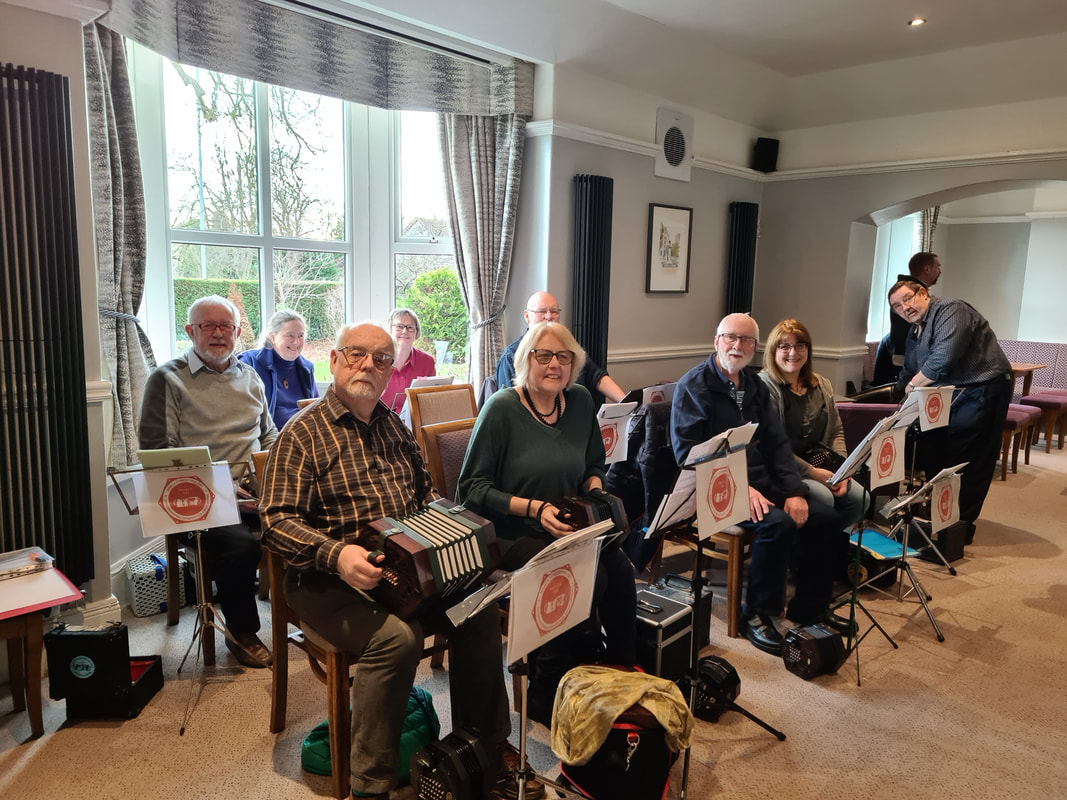
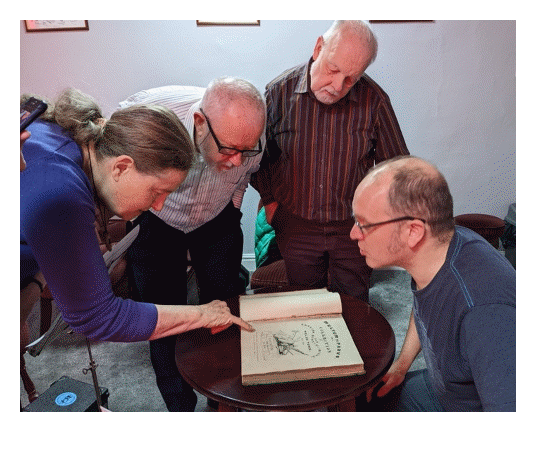
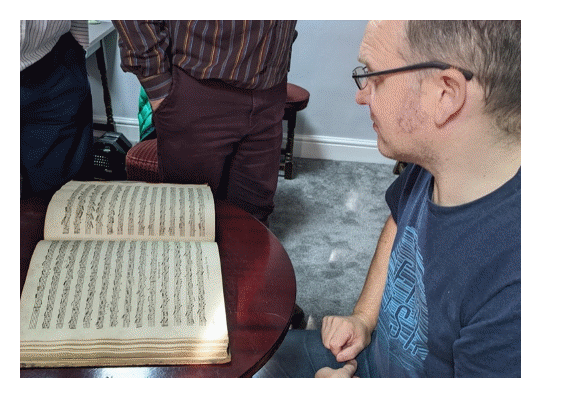
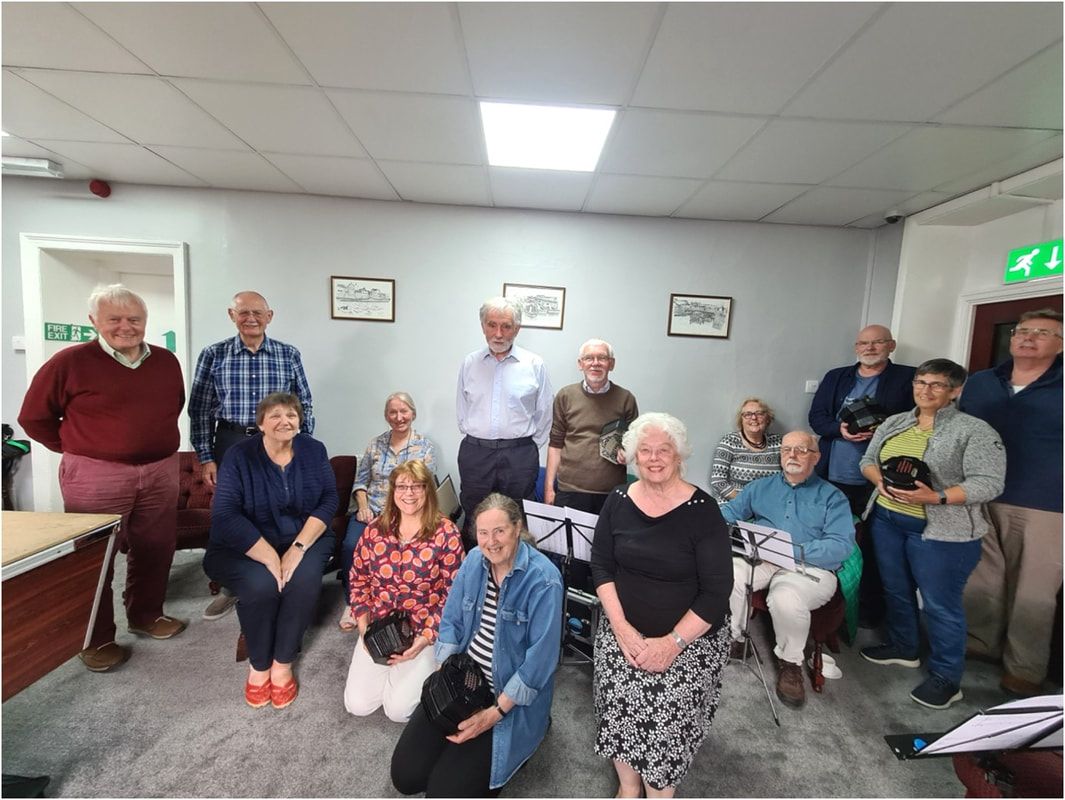
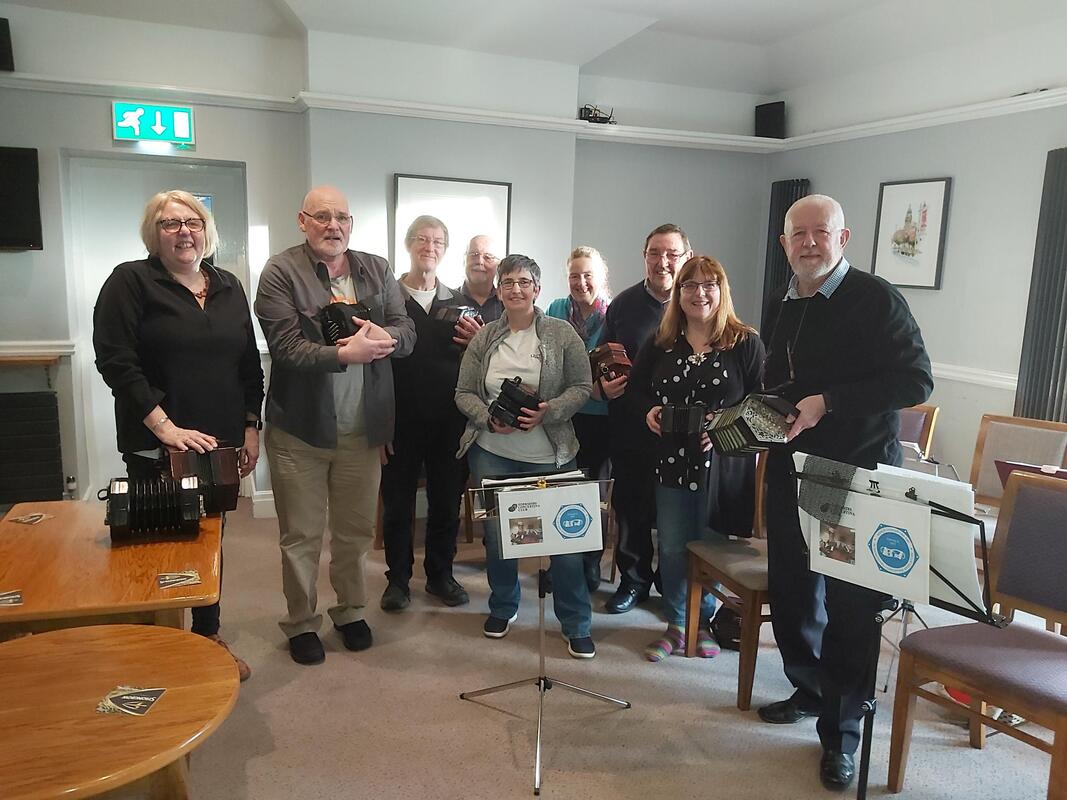
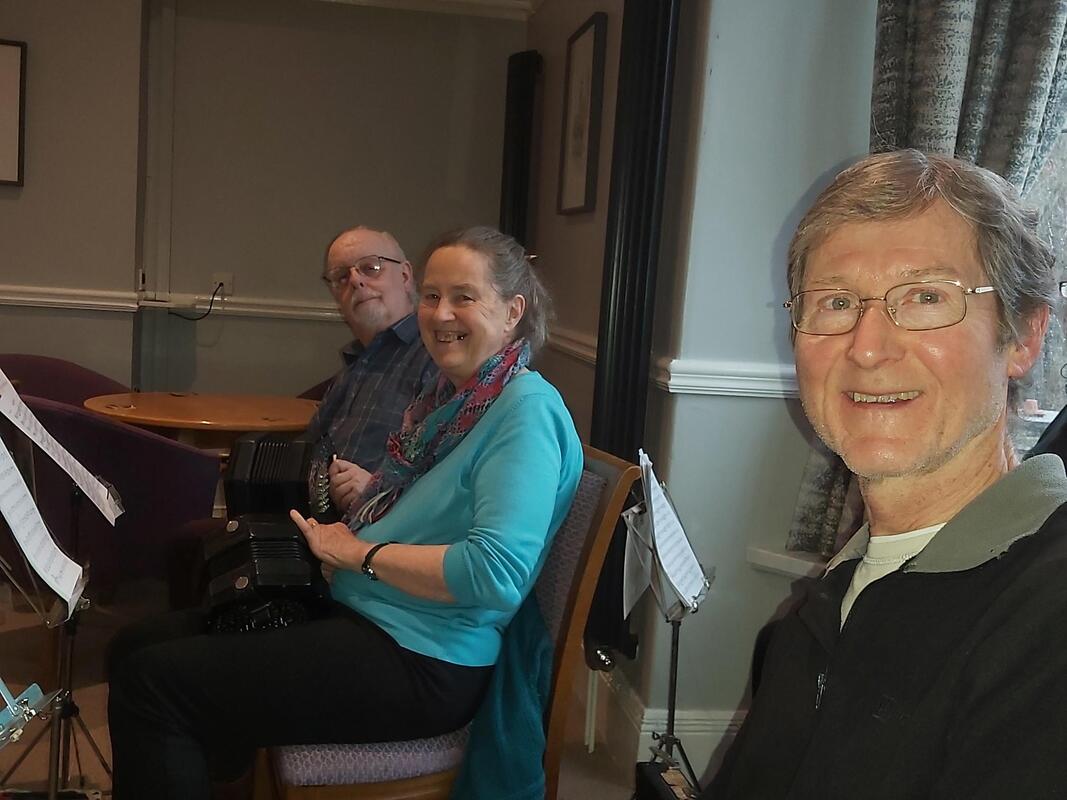
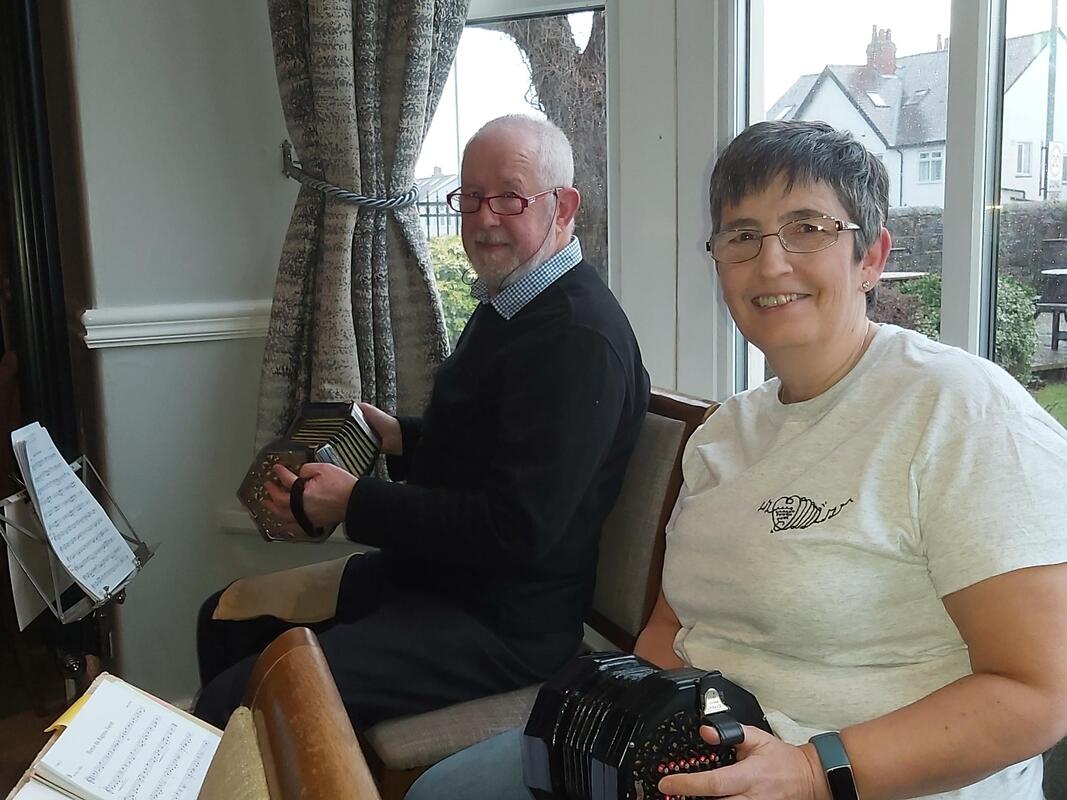
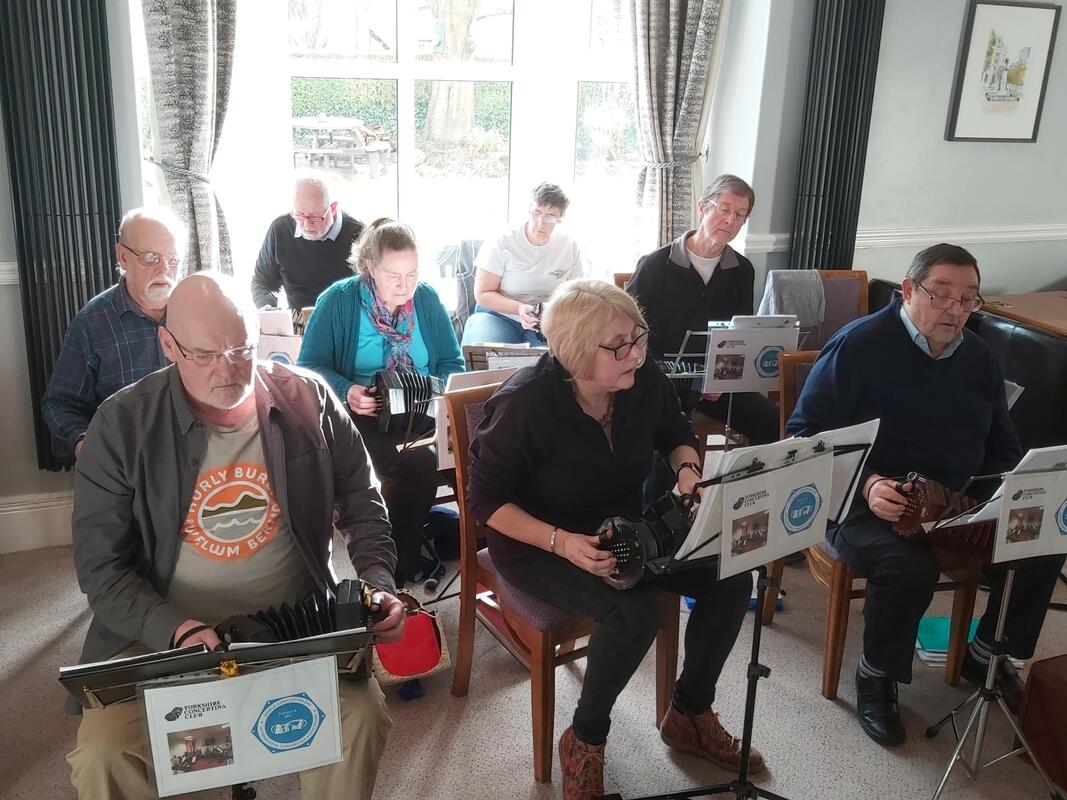
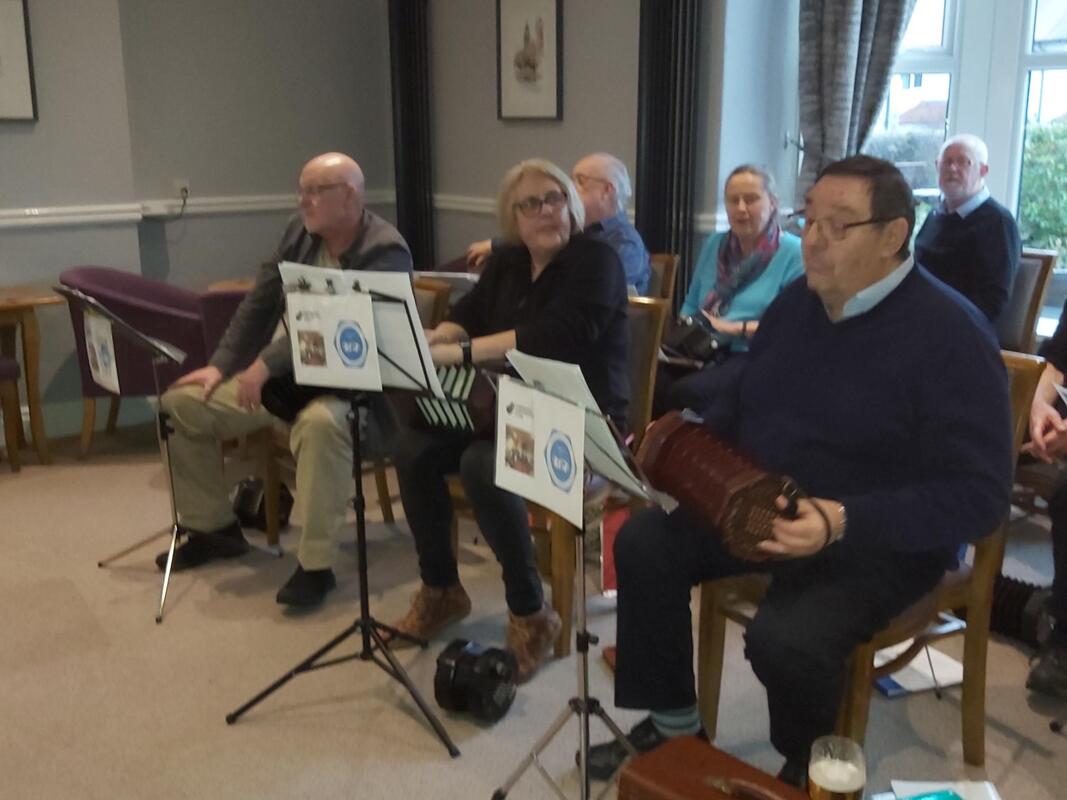
 RSS Feed
RSS Feed
